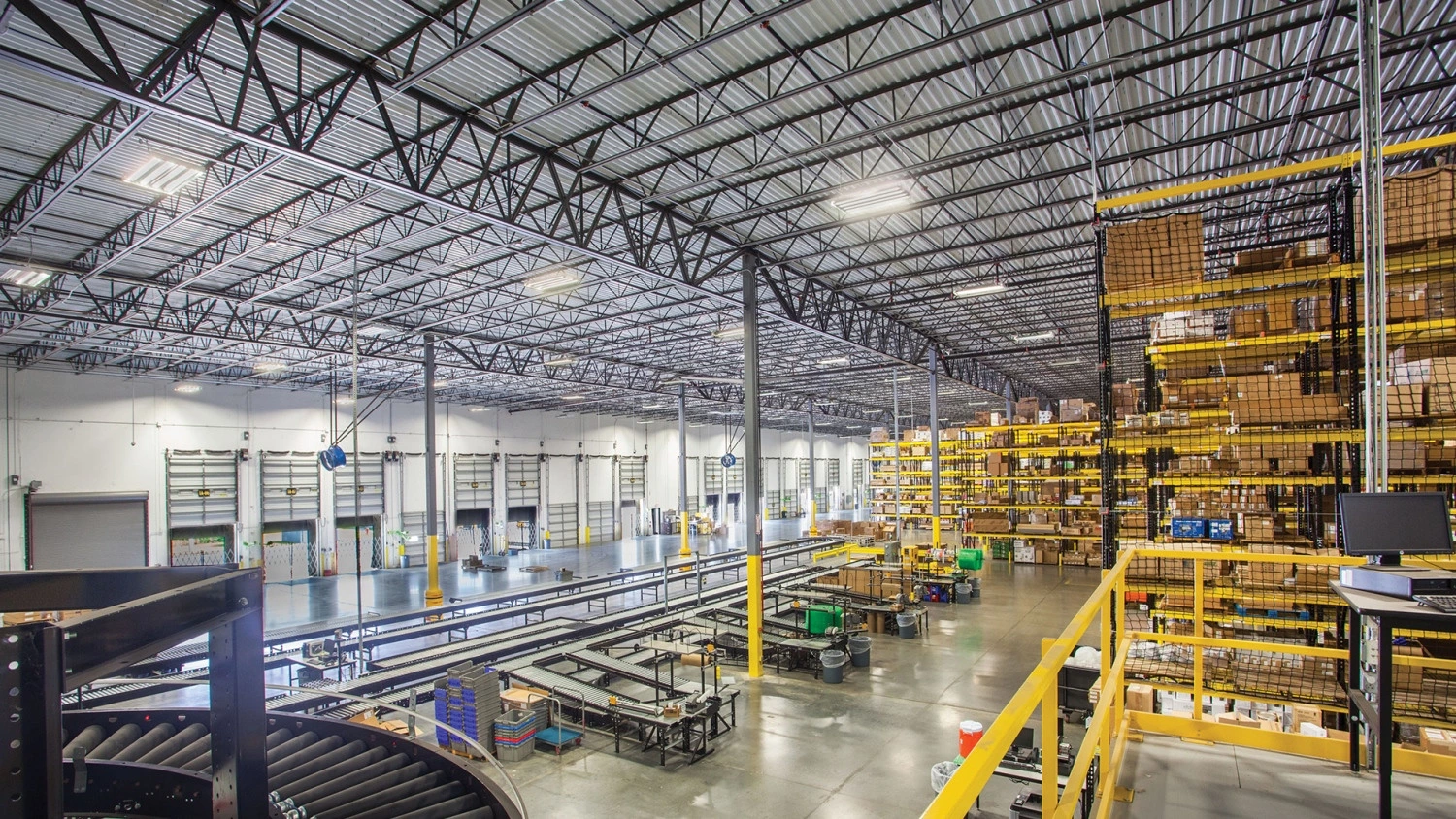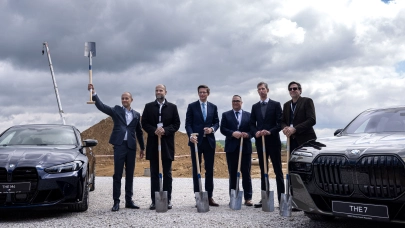
Demand for industrial spaces is stabilising across Europe, as indicated by the recent European Logistic Update report from Cushman & Wakefield. In the Czech Republic, the situation is returning to pre-pandemic levels, driven primarily by manufacturing and logistics companies.
Demand for industrial spaces is stabilizing across Europe, and the Czech Republic is no exception, with trends indicating a return to pre-pandemic levels. In the entire Central and Eastern European region, demand is primarily driven by manufacturing companies, especially in the automotive industry. Several "nearshoring" transactions are being completed in the Czech Republic, with more production activities being relocated closer to end customers.
The volume of construction projects has decreased by approximately 25% compared to Q2 2022. This is mainly due to more cautious behaviour in planning new developments and avoiding speculative projects in unproven locations. Europe has seen an even sharper decline, with construction decreasing by an average of 30%.
The Czech Republic remains one of the countries with the lowest vacancy rates, which rose to 2.9% in the second quarter of 2024. Only the Netherlands had a lower vacancy rate at the end of June. However, the Czech Republic has seen an increase for the third consecutive quarter. The higher share of available space is also due to longer decision-making processes on the side of potential tenants, with these spaces remaining vacant longer than usual. However, demand for space still exceeds supply, so a dramatic increase in vacancy rates is not expected, as confirmed by statistics from other European markets.
During the pandemic, rents in Prague and its surroundings exceeded the European average, with some rents rising by up to 80% and often comparable to certain industrial markets in Germany. As a result, a certain correction and stabilisation is now occurring in the Central and Eastern European region, while rents for prime locations in Western Europe continue to rise. In the long term, a slight increase in rents is expected across European markets, influenced by lengthy permitting processes, a shortage of land for development, and rising construction costs. In the second half of 2024, a rise in investment transactions into industrial real estate is expected on a Europe-wide scale. A similar trend is being observed in the Czech Republic.
Jiří Kristek, Head of Industrial and Retail Warehousing Team at C&W commented: “Industrial real estate is on investors' radar, and negotiations are already underway for the sale of some major industrial projects. Due to longer processes, this will be reflected in the statistics later. Investors are primarily interested in core-plus and value-added products, particularly in desirable locations with prospects of rent increases. ESG standards are playing an increasingly important role for investors, directly impacting final decisions.”
Despite this, the market in the Czech Republic is different. Industrial property owners are not offering their assets for sale, and due to long-term lease agreements and nearly full occupancy, these assets are being retained. This is confirmed by investment statistics: in 2023, ten industrial transactions with a total value of just under €140 million were completed in the Czech Republic, compared to 13 transactions worth over €350 million in 2022. In the first half of this year, five industrial transactions were completed with a total value of €146 million.
Environmentally friendly buildings have a significant advantage in the market, according to the report. Due to their ability to quickly attract tenants and maintain higher rents, these properties retain higher value. Currently, rents for high-quality logistics buildings with green standards are 10–30% higher than for lower-quality buildings, confirming their growing appeal to investors.



